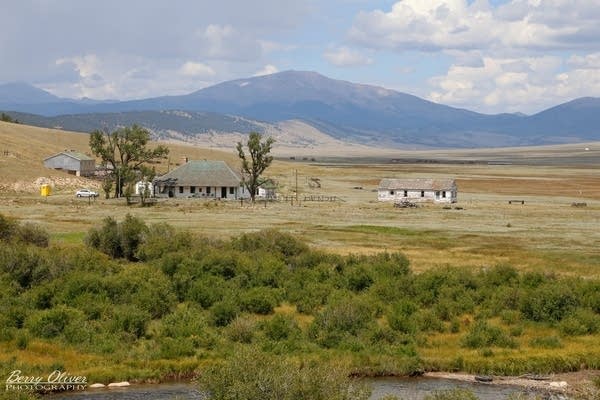Book briefs: Intrigue on the Pulitzer Prize committee

Jeff Lee and Ann Martin leased Buffalo Peaks, an abandoned ranch outside of Denver, as the future site of their live-in library.
Rocky Mountain Land Library via Facebook
Go Deeper.
Create an account or log in to save stories.
Like this?
Thanks for liking this story! We have added it to a list of your favorite stories.


